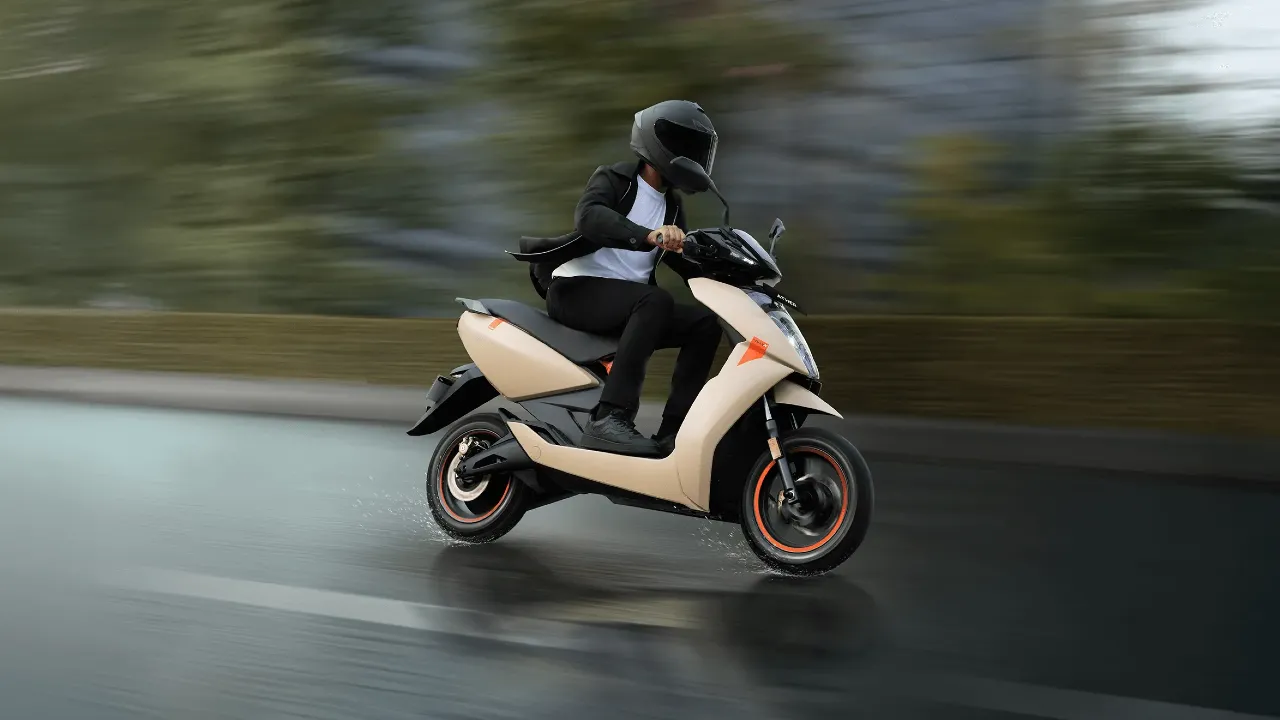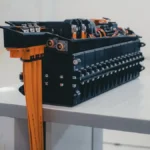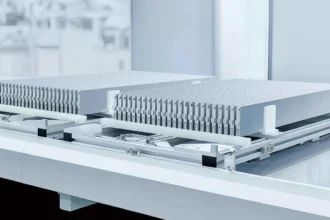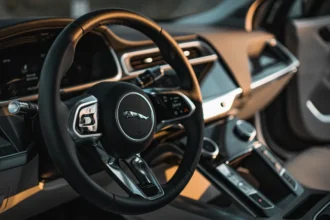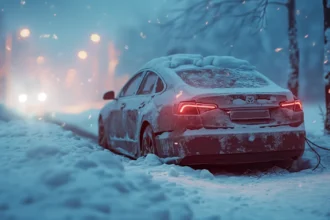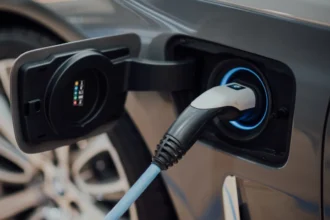What happens when the world’s fastest-growing technology suddenly runs out of the special materials it needs to work? India’s electric vehicle industry is about to find out, according to reports from Financial Express and Reuters.
The crisis is simple but serious. China has banned exports of rare earth magnets that are absolutely essential for making electric car motors. This means Indian car companies like Maruti Suzuki, Mahindra & Mahindra, and Tata Motors might have to stop making electric vehicles completely by the end of May or early June 2025.
Understanding China’s Rare Earth Monopoly
Think of rare earth elements like special metals that make super-strong magnets. These magnets are the heart of every electric car motor. China doesn’t just mine a lot of these metals – they control an enormous 90 percent of the entire world’s supply of the four most important ones, according to the International Energy Agency. This is like one country controlling almost all the world’s oil.
“The entire Indian EV industry will come to a grinding halt as China has put export controls on Neodymium magnets to India.”
Rajiv Bajaj has shared his concern in a recent interview.
We have been warning about this single point of failure that we’ve built by spending lakhs of… pic.twitter.com/e1wB6F1Us3
— Congress Kerala (@INCKerala) May 29, 2025
Why Electric Vehicles Need These Special Materials
Electric cars need much more of these special metals than regular cars. While a normal car uses about 140 grams, an electric vehicle needs 550 grams – almost four times more. Here’s what each type of metal does:
- Neodymium creates the strongest permanent magnets that make electric motors spin efficiently, according to Aclara Resources
- Praseodymium works with neodymium to make even stronger magnets, allowing car makers to build smaller, more powerful motors, says Victory Metals Australia
- Dysprosium helps magnets stay strong when they get very hot during driving, which is crucial for motor performance
- Terbium works similarly to dysprosium, ensuring magnets keep working properly even in extreme heat, according to Edison Group
The Timeline of Crisis
The countdown has begun. China imposed these export restrictions in April 2025 on seven different rare earth metals, according to S&P Global. The Society of Indian Automobile Manufacturers warns that production will come to a “grinding halt” by late May. This means no new electric cars will roll off assembly lines, affecting everything from power windows to audio speakers that also use these magnets.
What This Means for India
India is the world’s third-largest automotive market, making this crisis globally significant. Rajiv Bajaj and other industry executives held an emergency meeting on May 19 to discuss the situation. SIAM is now urgently seeking intervention from the Prime Minister to address this potential production crisis, according to Reuters.
This situation shows how vulnerable the global electric vehicle industry has become to one country’s decisions. The crisis could slow down India’s transition to cleaner transportation just when the world needs it most. The question now is whether India can find alternative suppliers or develop its own rare earth sources before the deadline arrives.
